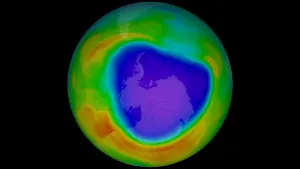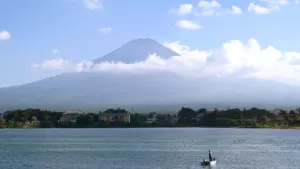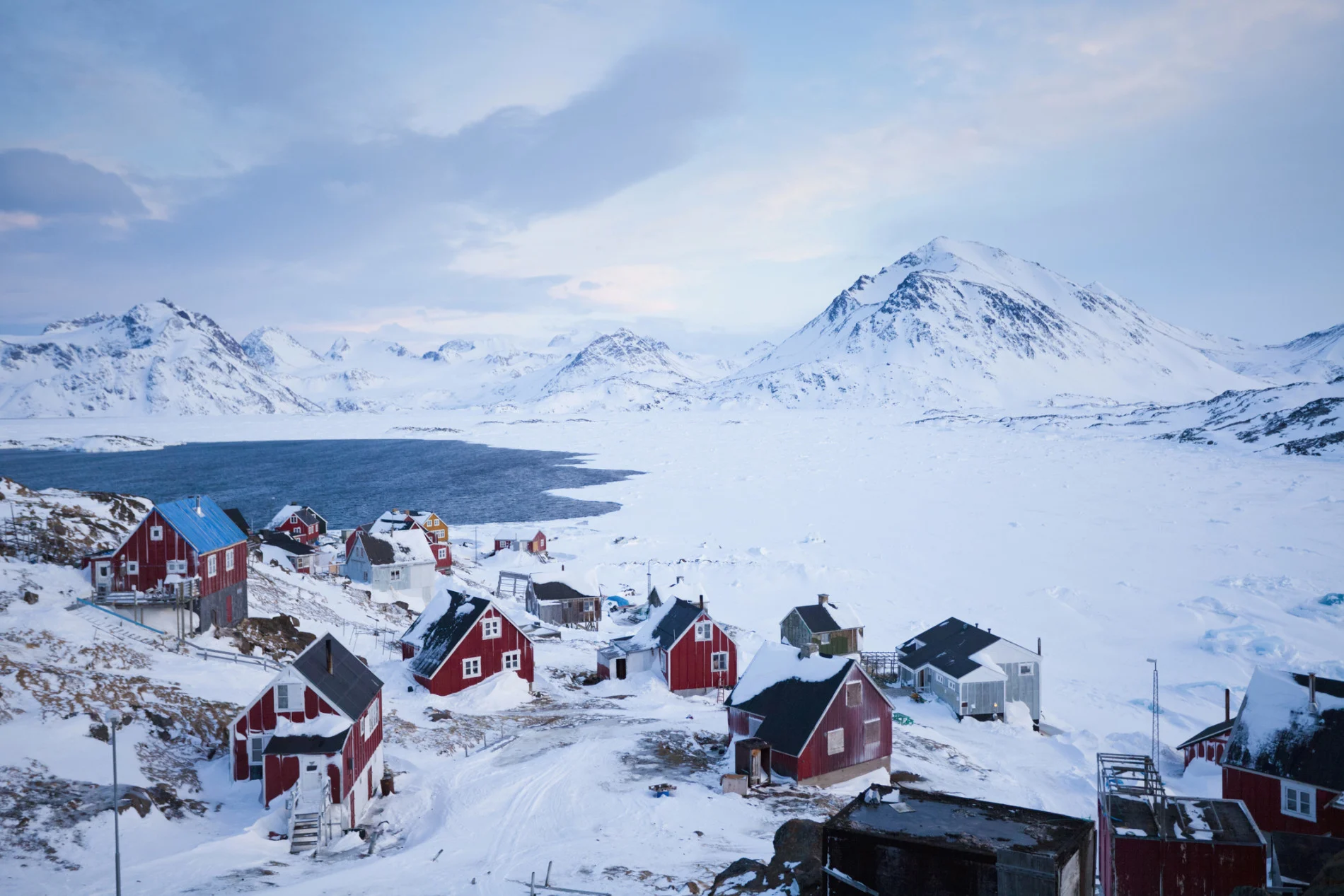
Greenland government puts an end to new oil and gas exploration
Due to the financial and environmental costs of oil and gas, Greenland is shifting its focus towards renewable energy.
The Greenlandic government, Naalakkersuisut, has announced that the country will no longer issue new licenses for oil and gas exploration. A draft-bill was also issued to ban the preliminary investigation, exploration, and extraction of uranium.
A study from The Geological Survey of Denmark and Greenland (GEUS) estimates that there are DKK 18 billion (approximately $3 million USD) de-risked barrels of oil on the west coast of Greenland as well as “large deposits” of oil underneath the ocean floor off the country’s east coast.
However, the announcement that came on July 19 states that there are several reasons why future oil extraction will not be permitted.
“The Greenlandic government believes that the price of oil extraction is too high. This is based upon economic calculations, but considerations of the impact on climate and the environment also play a central role in the decision,” the announcement states.
“Against this background, Naalakkersuisut has decided to cease issuing new licenses for oil and gas exploration in Greenland. This step has been taken for the sake of our nature, for the sake of our fisheries, for the sake of our tourism industry, and to focus our business on sustainable potentials.”
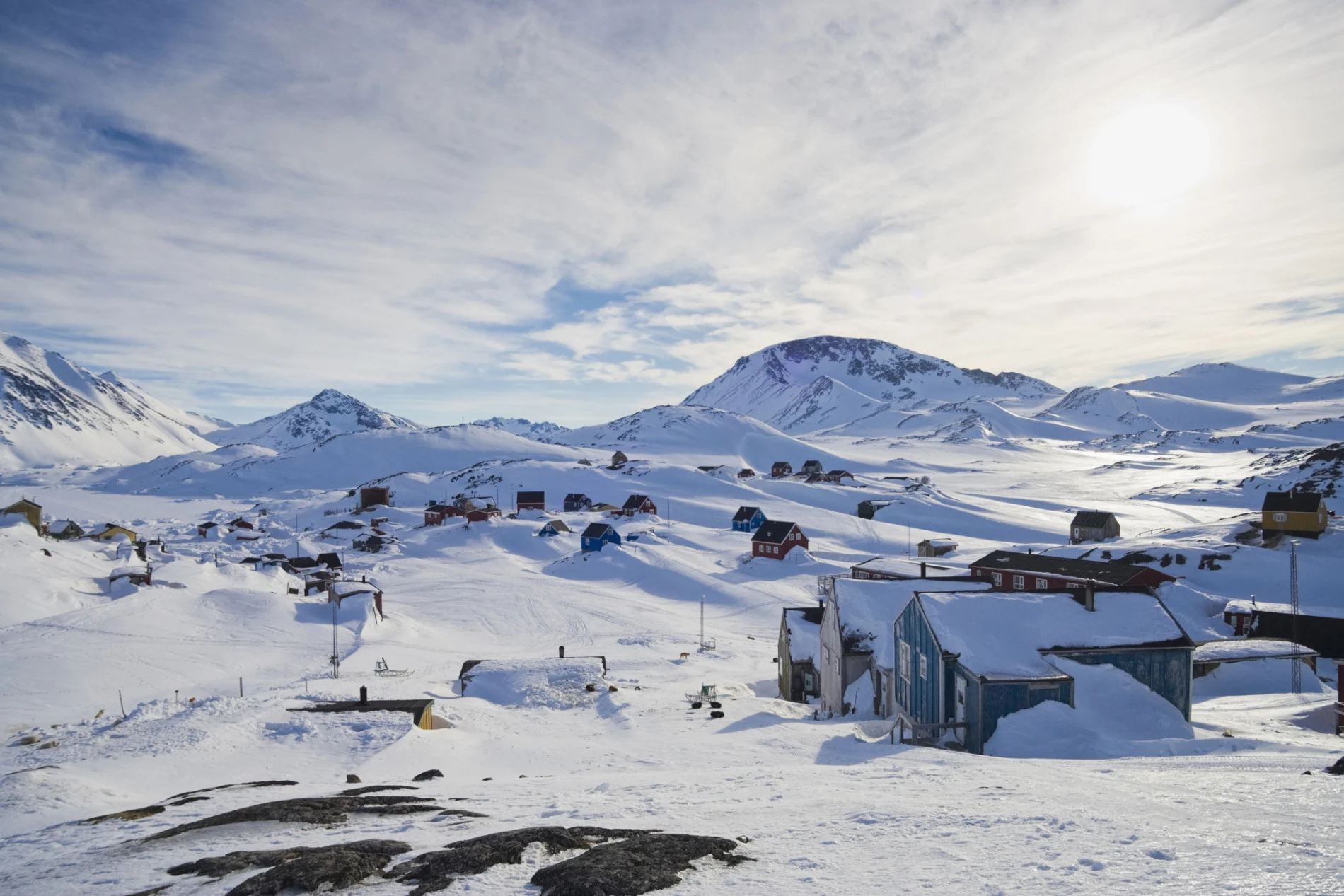
Kulusuk village, located on the East Coast of Greenland. (Alex Hibbert. The Image Bank. Getty Images)
Scientists say that Greenland and other regions in the Arctic are amongst the fastest warming places on the planet. A study published in Proceedings of the National Academy of Sciences of the United States of America (PNAS) states that the central-western part of the Greenland Ice Sheet could “undergo a critical transition relatively soon” and that the entire island could be ice-free by the year 3000.
In addition to the concerning rate of disappearing ice, other impacts from the thawing landscape include rising levels of mercury in meltwater and drastic changes in biodiversity.
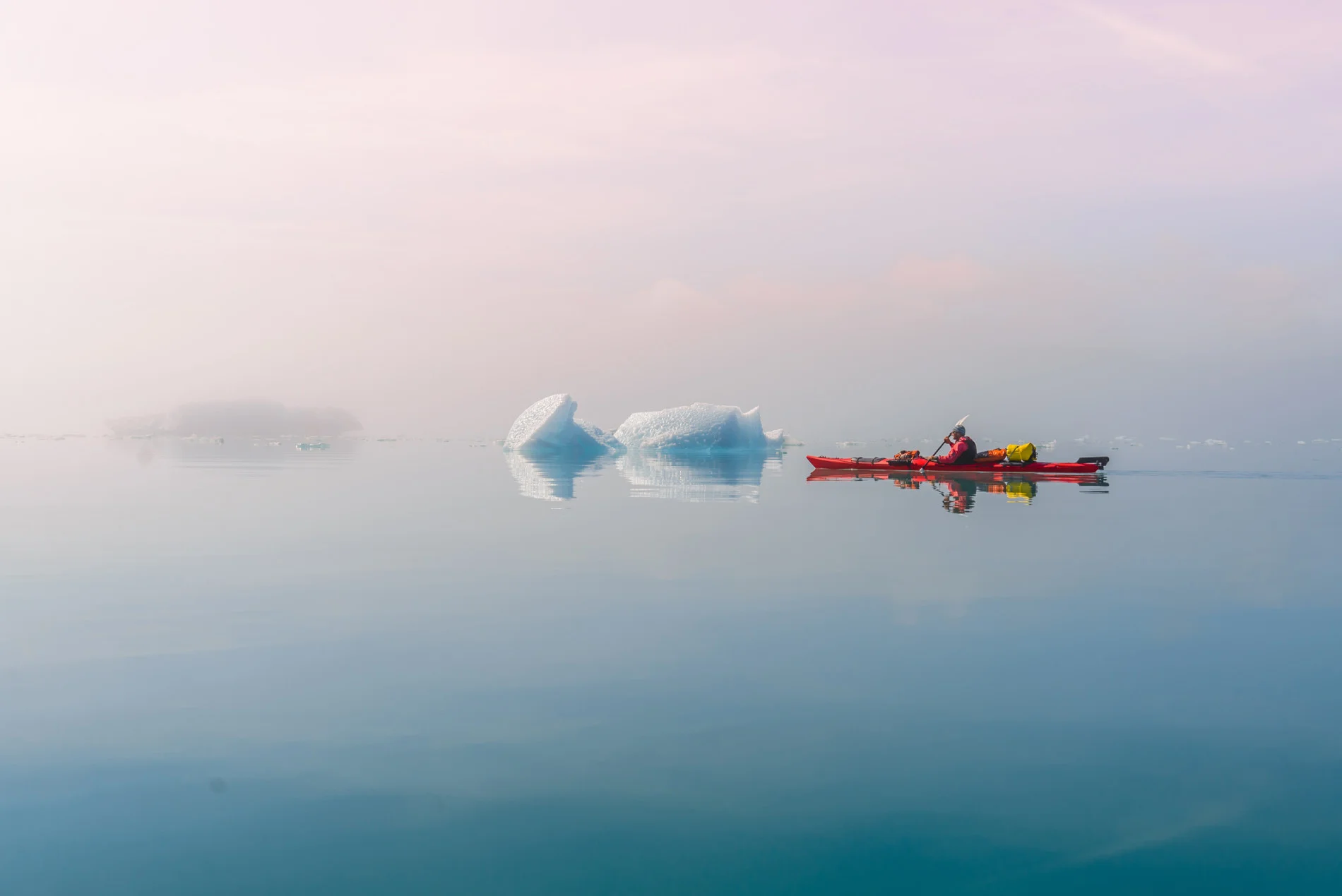
A person sea kayaking in Narsaq, Kitaa, Greenland (Alex Eggermont. Cultura. Getty Images)
“Naalakkersuisut takes climate change seriously. We can see the consequences in our country every day, and we are ready to contribute to global solutions to counter climate change.
Naalakkersuisut is working to attract new investments for the large hydropower potential that we cannot exploit ourselves. The decision to stop new exploration for oil will contribute to place Greenland as the country where sustainable investments are taken seriously,” stated Kalistat Lund, the Minister for Agriculture, Self-sufficiency, Energy and Environment.
Thumbnail credit: Alex Hibbert. The Image Bank. Getty Images









